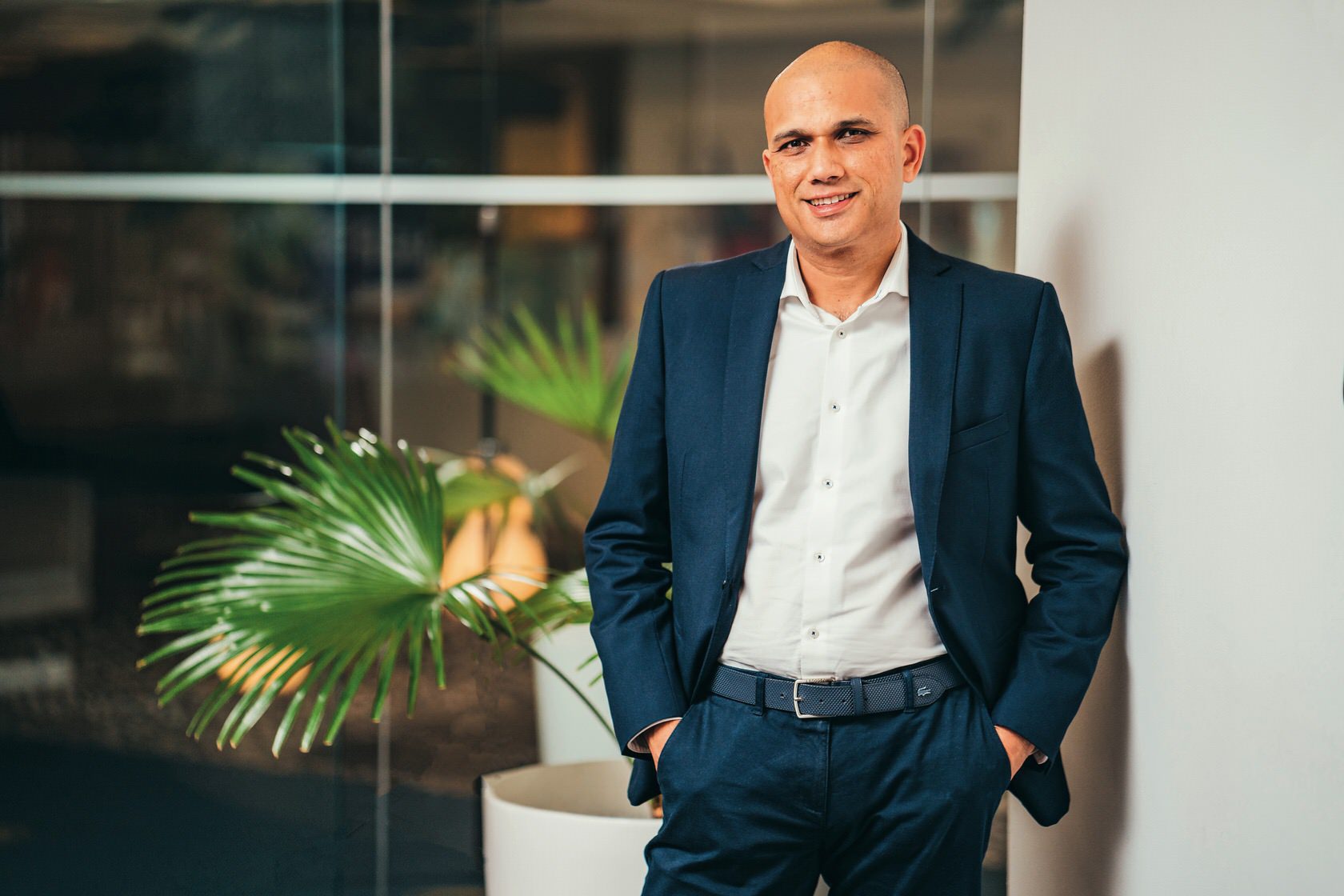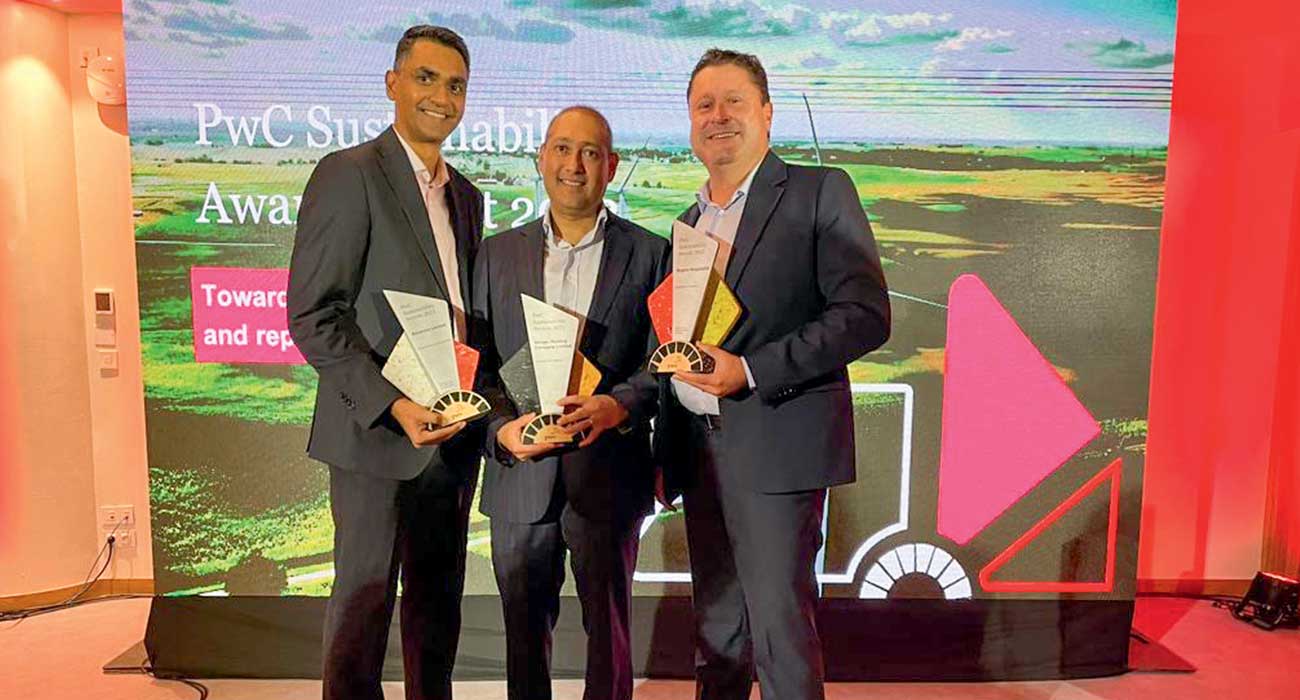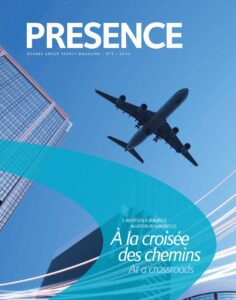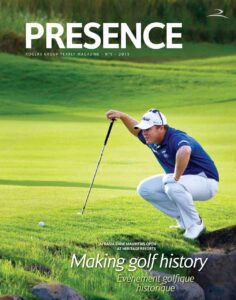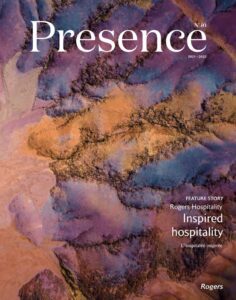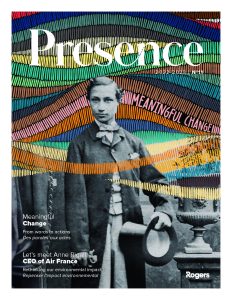Insights from Bazir Kurreembukus, Regional Manager Southern Africa - Rogers Aviation
In the pursuit of international
success, having the right mindset
is often the key to unlocking the
full potential of working abroad.
Success in a business’s ambition
to expand globally hinges not only
on its capacity to embrace the
host country's culture, but also on
the ability of some team members
to expatriate themselves in these
foreign countries. Bazir Kurreembukus, Regional Manager Southern Africa - Rogers Aviation, provides us with a firsthand account of what it means to cultivate this mindset,
and thus propel Meaningful Change.
Bazir's experiences since arriving
and working in Mozambique in 2004
offer a valuable perspective on how
the right mindset can positively
impact both expatriates working
abroad, and the communities they
engage with.
The (right) mindset makes it all
What is the right mindset for working
abroad? According to Bazir's
experience, it is a combination of
attributes and qualities. Firstly,
adopting a global perspective is
necessary: it serves as a guiding
lens to interpret the industry and
market in which one is immersed.
Curiosity is also key: it fuels
exploration and learning about
local cultures, languages, history,
and business practice and thus,
build stronger connections within
the community.
Finally, adaptability is certainly as
significant: it ensures flexibility
and the willingness to conform
to different work environments,
customs, and expectations.
“Being resourceful and adaptable
when solving problems is crucial,
especially when facing challenges
in a foreign context,” explains Bazir.
Relational qualities in a foreign context
In addition to these attributes,
various relational qualities must not
be overlooked in order to further
enhance the impact one can have
when working in a foreign context.
Open-mindedness is fundamental,
as it encourages the embrace of new
cultures and ideas while respecting
and celebrating differences.
“Effective communication is crucial
when working with people from
diverse backgrounds. Be patient,
and if language barriers exist,
make an effort to learn the local
language,” advises Bazir.
Networking also provides
valuable support by opening doors
to new opportunities. Cultural
sensitivity is vital for building
trust within a team – involving
respect for cultural nuances,
customs, and etiquette. Last but
not least, effective leadership and
confidence-building skills in teams
are indispensable for inspiring and
leading career growth.
An exciting starting point for new challenges
It’s no surprise that adapting to a new corporate
culture and work environment can be challenging.
Consequently, resilience is a must for overcoming the
obstacles encountered! Some common challenges
include effectively navigating communication,
adapting to different organisational structure and
decision-making processes, and managing new
expectations around work-life balance.
Bureaucracy and administrative navigation, along
with the necessity to respect cultural norms to
prevent unintentional offence to colleagues or clients,
can also represent significant hurdles! However,
Bazir advises, “Embrace the diverse perspectives of
your colleagues and use them as a strength to drive
innovation and creativity.”
Finally, as Bazir points out, giving back to the
local community through work is a meaningful
way of creating positive change – aligning with
the increasing importance of corporate social
responsibility. It is a great experience to learn
from others and from yourself. In his journey,
we find a testament to the transformative power of
an international mindset. One that embodies the spirit
of Meaningful Change!


